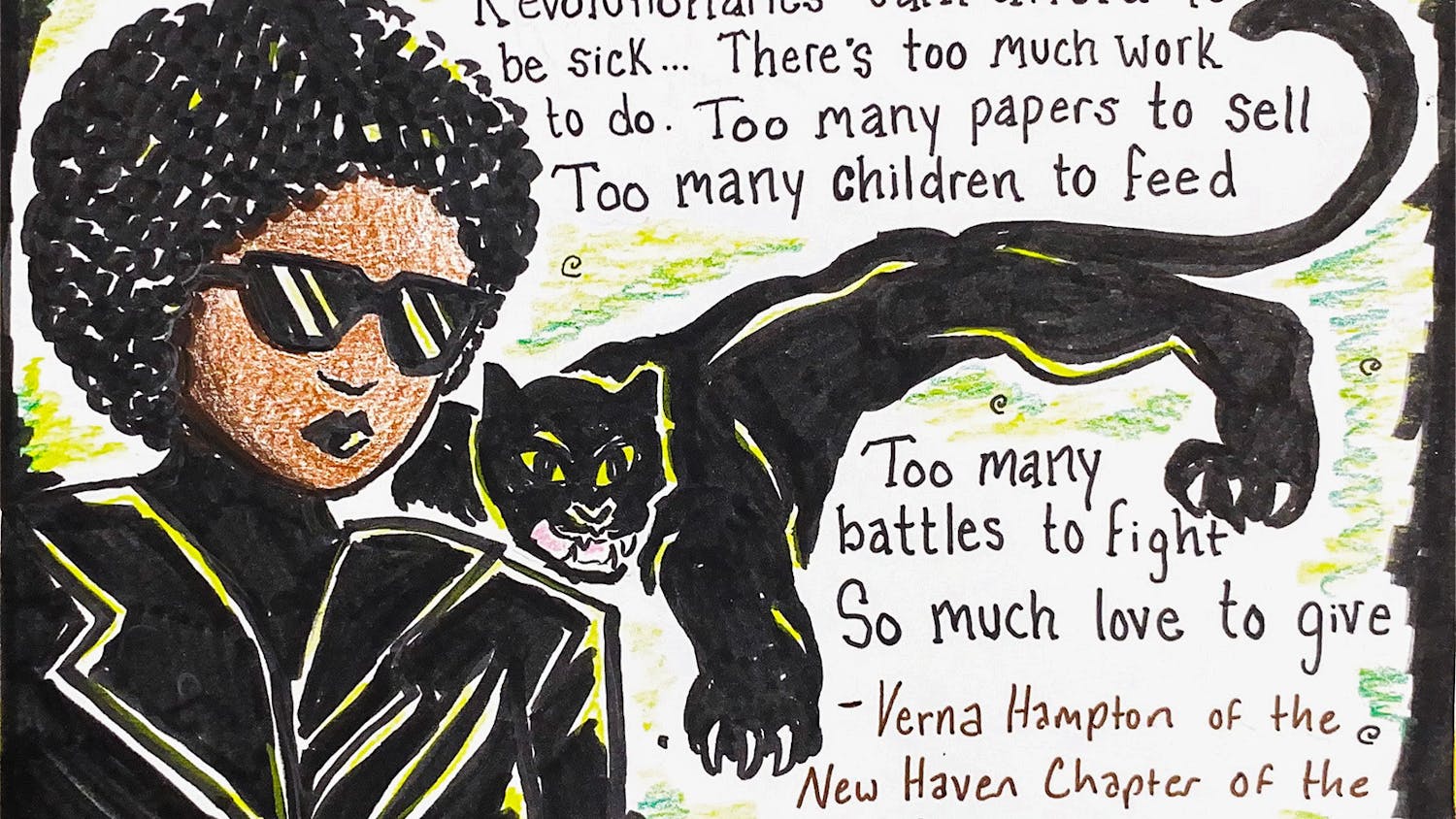The University of New Mexico’s African American Student Services center has been hosting events throughout Black History Month and is wrapping up this week with “Our Black is Beautiful” on Thursday, Feb. 24 and “Black Grad Mixer” on Friday, Feb. 25.
“Our Black is Beautiful” will be a discussion held at AASS led by UNM associate professor of law Sonia Gipson Rankin. She said the event will largely focus on the term “ubuntu,” which has African linguistic roots based on the premise that “I am because we are” and the connection “from person to person.”
“I want us to use this year, the year of 2022, within the Black community to focus on this principle that we are all in this together, that we are all connected to one another,” Gipson Rankin said.
Society is at a complex point in time that’s created unclear expectations for college students and graduates in a variety of factors, including concerns related to degrees, economics, democracy and more, according to Gipson Rankin. In turn, she said this has led to people going against each other.
“It has, unfortunately, led many people to turn on each other as opposed to uplifting each other, and so what I’m hoping that this presentation will do for “Our Black is Beautiful” is just to give people a time to be inspired and encouraged to take care of (others) who might be in more vulnerable emotional spaces,” Gipson Rankin said.
AASS senior student success specialist J. Gourdin is leading the grad mixer, which will take place at 50/50 Coffee House & Pub, a Black-owned business. Although it is open to the University, Gourdin said, the mixer was designed to provide a space and chance for Black students to come together and feel safe to be themselves.
“It’s basically just a mixer, just an opportunity for like-minded folk to engage and interact but more importantly, it’s an opportunity for us to kind of found a sense of belonging for Black graduate students. For some people, they are one of the only in their program or one of the few,” Gourdin said.
Gourdin brought up code-switching, or the act of changing personal factors like speech, behavior and more when around different groups of people. In 2019, the Pew Research Center found that nearly half of all Black U.S. graduates “say they feel the need to change how they talk when around people of other races.”
“It’s always a beautiful thing to offer people an opportunity of kind of letting down their shield and being their authentic self,” Gourdin said.
College students are in various stages of development and deserve safe spaces, according to Gourdin.
“However long you stay at the University, it’s time that you’re spending developing your sense of self, developing the patterns that you’re going to take with you once you leave, so the more that we can culturally inform that process, the better,” Gourdin said.
The importance of Black History Month
Get content from The Daily Lobo delivered to your inbox
Questions have been brought up on if Black History Month should be looking at Black history or futures, Gourdin said, but they said they see it as a mix of both.
“I think it gives us an opportunity of reestablishing our commitment to ourselves as a community but (also to) changing the world. If someone else benefits from the fact that the world is a place that’s less anti-Black, that’s great. Solving anti-Blackness actually should benefit everyone,” Gourdin said.
Gipson Rankin said Black History Month is a “set-aside time to do some inner reflection and encouragement within the Black community” and look at the community's “history of forward progress of endurance and joy in spite of anything from the outside.”
Gipson Rankin reiterated two main principles she learned in her undergraduate education at Morgan State University, a historically Black university in Maryland: you’re able to do anything if you set your mind to it and “when you have arrived where you wanted to get to, you are required to give back.”
“What (Black History Month) means to me is that we take some time to focus on our history of excellence, to focus on our history of progress and to remind ourselves that we have come a mighty long way, and everything we need, we already have to be successful at the next stage,” Gipson Rankin said. “And so that’s what it means to me is to really celebrate and remind people, regardless of where they are in their life journey, that you can do anything you set your mind to and it requires us taking care of each other to do it.”
This month allows Black students opportunities for mentorship, networking and more, according to Gipson Rankin. Gourdin said this month is an excellent time for the University to “found a sense of affirmed identity.”
“I think that, in general, students of all different backgrounds come to higher education with wounds from the education experiences before coming to college. Black students, in particular, I think can be ostracized and over-criticized in a way of kind of policing their behaviors,” Gourdin said.
The first celebration of Negro History Week, which would later morph into Black History Month, was initiated in 1926 by Carter G. Woodson. Gipson Rankin said since then, there are still “continued pressures in the K-12 education system to eradicate” information on Black history.
“Here we are almost 100 years later and there is still a concerted effort to ensure that the Black story is not shared in our schools and in our education spaces,” Gipson Rankin said.
Gourdin said many Black students are coming to UNM with large gaps in knowledge about their communities and history.
“Black History Month is an opportunity for us as a community and for the larger communities outside of the Black community to kind of support the work of rectifying Black and African American histories, to tell the stories that we’re missing out on, to highlight the figures that have gone unsung but then also humanizing the characters that we do know,” Gourdin said.
Gipson Rankin brought up the concept of Sankofa, which she described as “it is not wrong to go back and fetch that which is at risk of being forgotten.” She said the Black community “can only move forward as a people as we bring the very best of our story along with us.”
“The way that the Black journey is portrayed in the media can make one think that there’s no hope, and I firmly disagree with that. I see nothing but opportunity and excellence,” Gipson Rankin said.
Megan Gleason is the Editor-in-Chief of the Daily Lobo. She can be contacted at editorinchief@dailylobo.com or on Twitter @fabflutist2716






